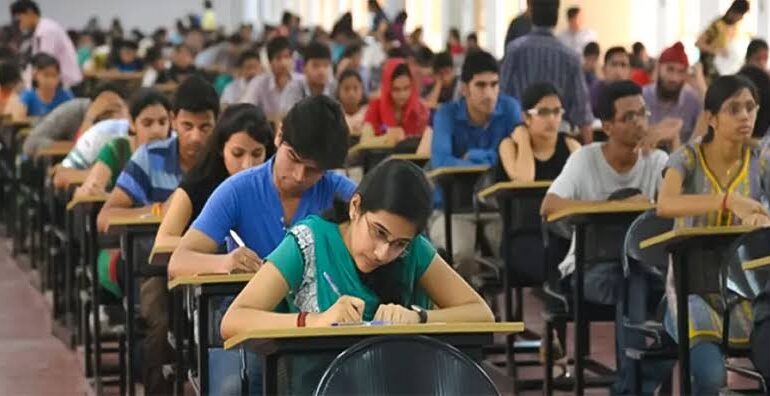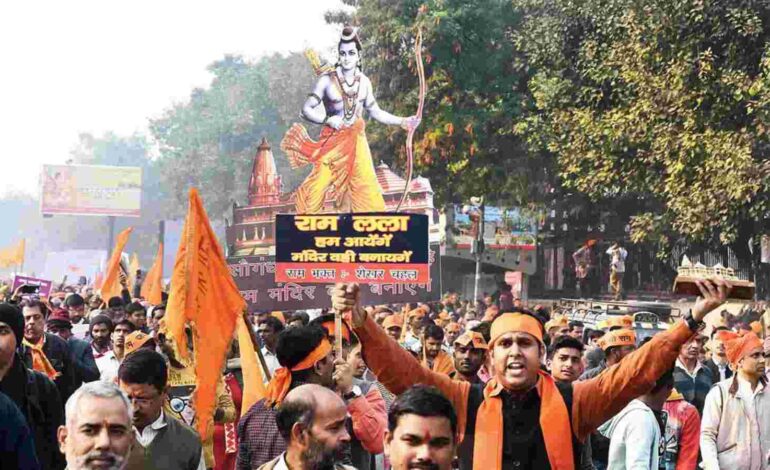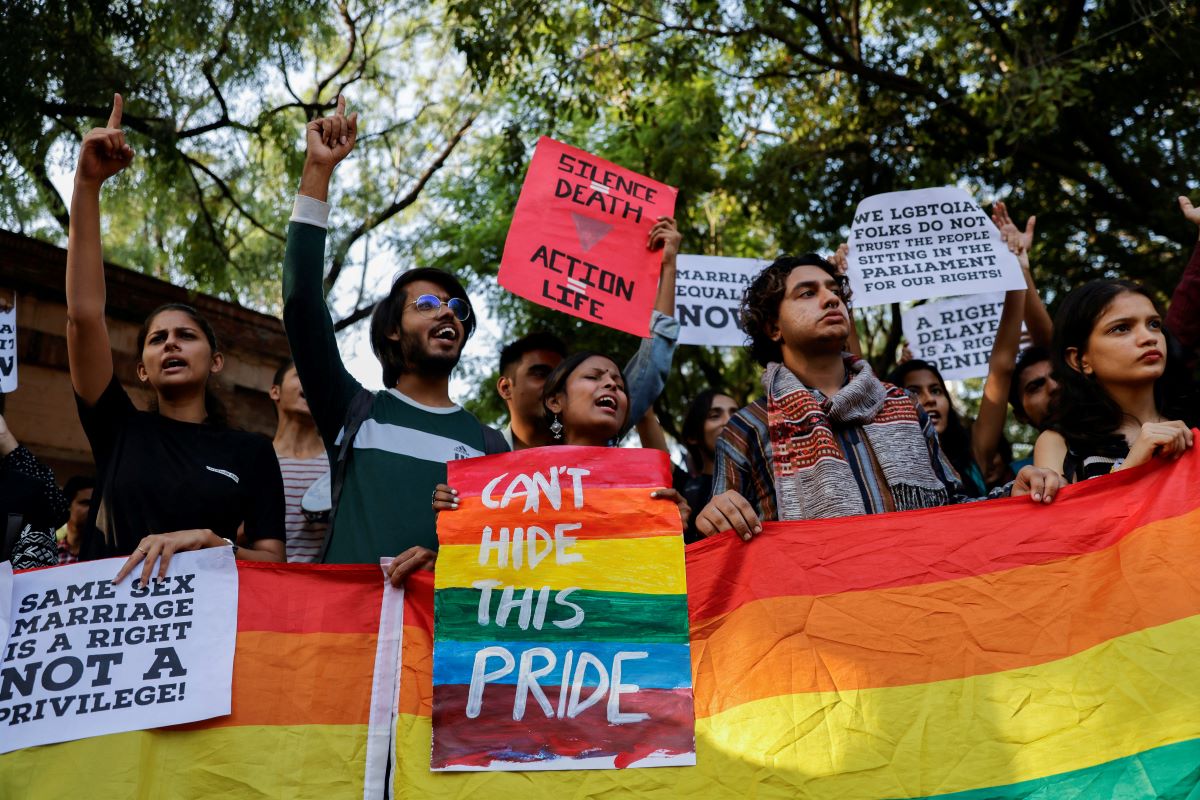
The recent allegations surrounding the NEET (National Eligibility cum Entrance Test) results have cast a significant shadow over the integrity of the examination, bringing to the forefront a critical debate on the future of medical admissions in India. These claims, if substantiated, represent a grave injustice to students who have dedicated years of hard work and preparation to achieve their dreams of entering medical school. This situation necessitates a thorough examination of the implications of potentially cancelling NEET and the broader consequences it would have on the landscape of medical education in India.
NEET was introduced in 2013 by the Medical Council of India (MCI) and the Central Board of Secondary Education (CBSE), following a Supreme Court verdict aimed at establishing a standardized, transparent, and equitable admission process for medical colleges across the country. Prior to NEET, the admission process for medical colleges was plagued with irregularities and malpractices. Private medical colleges, in particular, were notorious for favoring candidates who could afford hefty donations over those who demonstrated genuine merit. This system perpetuated inequality and limited opportunities for deserving students from less privileged backgrounds.

The introduction of NEET brought about a significant transformation in this scenario. By centralizing the admission process and basing it on a single, national-level examination, NEET has helped to curtail the influence of financial power and personal connections in securing medical seats. It has ensured that students are admitted based on their academic abilities and performance in the exam, rather than their socio-economic status. This shift towards meritocracy has been a crucial step in democratizing access to medical education in India.
Moreover, the unified nature of NEET has streamlined the admission process, reducing the need for students to appear for multiple entrance exams conducted by various institutes. Prior to NEET, students had to prepare for and travel to different cities to take several entrance exams, incurring significant expenses and experiencing considerable stress. NEET has eliminated this redundancy, making the process more efficient and less burdensome for students and their families.

The transparent allocation of seats through a centralized system has also played a pivotal role in promoting fairness in medical admissions. Under the NEET system, seats are allotted based on a student’s performance in the exam, ensuring that deserving students from diverse economic backgrounds have an opportunity to secure admission in top medical colleges. This has been particularly beneficial for students from rural and economically disadvantaged backgrounds, who might not have had the resources to compete on an uneven playing field.
However, if NEET were to be abolished, it raises the critical question of what alternative criteria would be used for medical admissions. The most likely alternative would be to rely on marks scored in the Class 12 board exams. This approach, however, is fraught with its own set of challenges. Different states and educational boards have varying standards and levels of difficulty in their examinations, which could lead to significant discrepancies in the evaluation of students’ abilities. This variation could result in an uneven playing field, where students from affluent backgrounds who attend premier schools might have an advantage over those from less privileged backgrounds.
Additionally, the reliance on Class 12 marks for medical admissions could potentially reintroduce the influence of financial power and connections. Private medical colleges, which have historically been implicated in malpractices such as accepting donations for admissions, might seize the opportunity to revert to their old ways. This would not only undermine the progress made towards a fair and transparent admission process but also reinforce the commercialization of medical education. The influence of private medical colleges in pushing for the cancellation of NEET is a clear indicator of their vested interests in returning to a more profitable, albeit less equitable, system.
A NEET 2024 Attendee describing her ordeal
Furthermore, entrance exams are a standard practice for admissions to other prestigious fields in India, such as civil services, management, engineering, and major universities. The question then arises: why should medical admissions be any different? Entrance exams, despite their flaws, offer a level of transparency and meritocracy that alternative methods lack. They provide a uniform platform for evaluating students’ capabilities and ensure that admissions are based on academic performance rather than external factors.
It is also important to address the valid concerns about the psychological pressure on students and the booming coaching industry associated with entrance exams like NEET. The intense competition and high stakes of these exams have created a parallel industry of coaching centers, which often charge exorbitant fees and add to the stress experienced by students. However, these issues can be addressed without discarding the entire exam system. Strengthening the transparency and fairness of the exam process, ensuring stringent oversight by an autonomous body, and making continuous improvements to the examination system can mitigate these problems.

One potential solution to alleviate the pressure on students is to provide a more supportive and holistic educational environment. Schools and educational institutions can play a crucial role in this by offering better guidance and resources for exam preparation, reducing the dependency on external coaching centers. Additionally, incorporating mental health support and counseling services can help students manage stress and build resilience.
Another approach to improving the NEET system is to incorporate multiple assessment methods. Instead of relying solely on a single exam, a combination of continuous assessments, practical evaluations, and entrance exams could provide a more comprehensive evaluation of a student’s capabilities. This would not only reduce the pressure of performing well in a single high-stakes exam but also ensure a more rounded assessment of a student’s knowledge and skills.
In conclusion, while the current allegations against NEET are serious and warrant a thorough investigation, abolishing the exam is not a viable solution. Doing so would likely benefit private medical colleges and affluent students at the expense of hardworking, deserving candidates from ordinary and poor backgrounds. The introduction of NEET has brought about much-needed transparency and fairness in medical admissions, and any attempt to undermine this progress should be viewed with suspicion.

Maintaining and improving NEET, with a focus on transparency, fairness, and student well-being, remains the best approach to ensure that medical education in India is accessible to all based on merit. By refining the exam system, addressing its flaws, and providing better support for students, we can create an equitable and efficient admission process that upholds the principles of meritocracy and justice. The ultimate goal should be to build a system where every deserving student, regardless of their background, has the opportunity to pursue their dreams of becoming a medical professional.












Well thought out analysis of the NEET system and the grave discrepancies in it . Would have been better if the health professional author had come up with more details on solutions . Requesting that Aidem should take it up in the days to come